SUMMARY
This is AI generated summarization, which may have errors. For context, always refer to the full article.
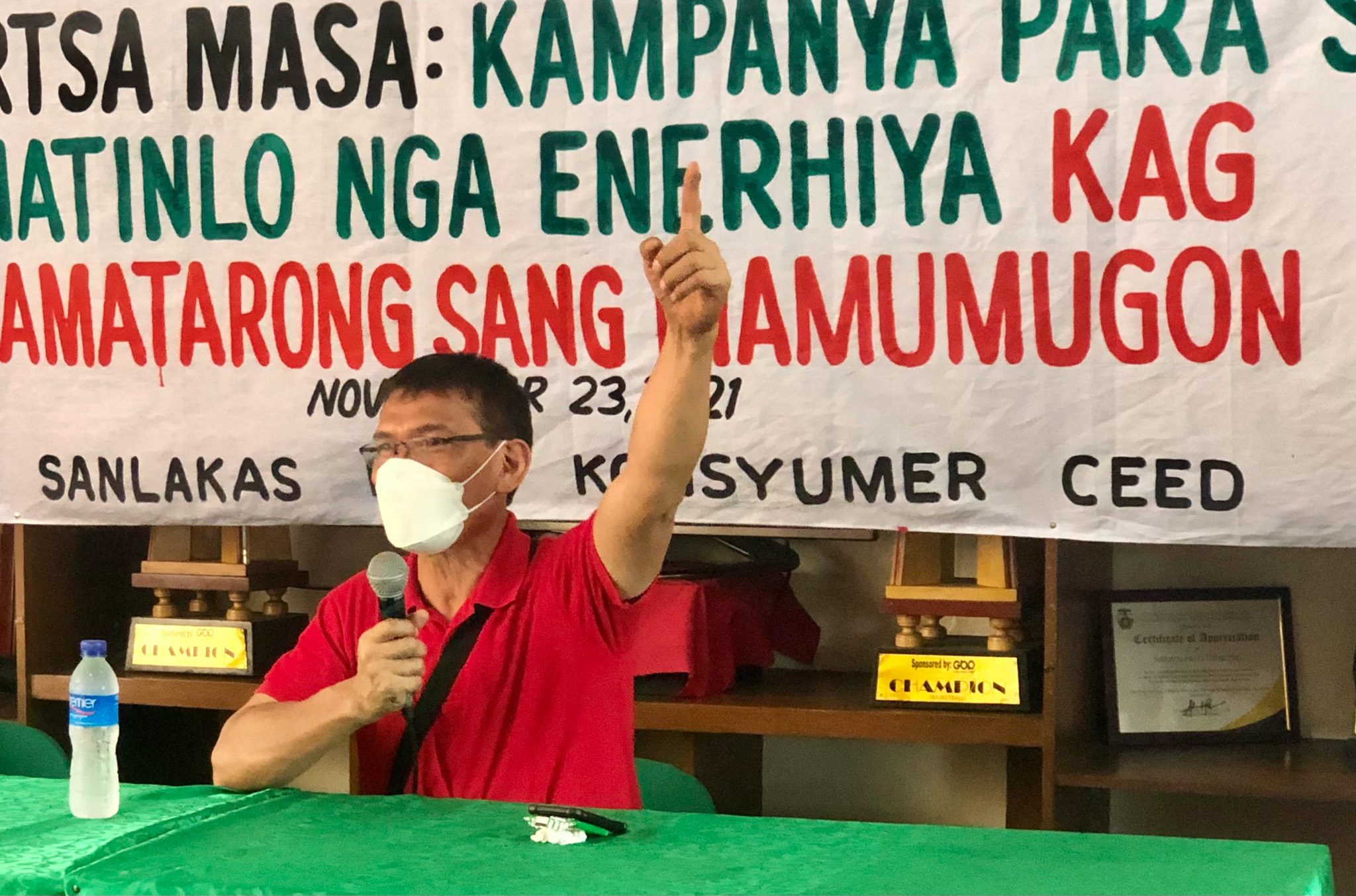
Politicians pushing for federalism are just diverting Filipinos’ attention from the real problems of the country, Partido Lakas ng Masa presidential aspirant Leody de Guzman said on Wednesday, November 24.

Speaking at a press briefing at the Negros Press Club, the veteran union leader said it is not the country’s form of government that is the problem.
Speaking in Filipino, De Guzman said, “our people’s problem is the system of government, reflected in laws and policies that tilt towards the interests of oligarchs and big business, including big business.”
Asked if he supported uniting Negros Occidental and Negros Oriental into a single island region, De Guzman said, he did not find it an urgent issue.
“That’s not really the problem of people of Negros. Your problem is poverty, low wages, the lack of jobs, the high cost of energy, the fact that your children have a hard time getting an education,” he said.
“Ayusin muna natin itong mga problema. Saka na natin pag-usapan kung magkahiwalay ba o gawing isa ang Negros,” he added. (Let’s fix these problems first. Then we can talk of whether Negros (provinces) remains in separate regions or united as a single region.)
De Guzman pointed out that sugar workers, especially field hands, receive wages lower than the minimum wage in Western Visayas (Region 6) that includes Negros Occidental. He called agrarian reform a failure because vast tracks have ended up again in the hands of a few families and corporations due to loopholes in the program.
Politicians were only manipulating issues, pushing federalism and the single Negros island, to avoid discussing long-term problems they have failed to address, De Guzman stressed.
“These are problems created by the very same leaders, from political dynasties, that promise these fake solutions,” the PLM standard bearer said.
Labor first
The government needs to prioritize funding for agriculture workers and fisherfolk, said De Guzman, who pointed out that the country’s defense budget is three times that of agriculture, which feeds people.
“Our problem is, government attention to agriculture is almost zero, unlike other countries where as much as 50% of production costs are subsidized by their governments,” he said.
These countries, he added, are not just focused on food security but on food sovereignty.
“That means whatever happens in the world, these countries can produce food for their citizens,” he said.
If elected, De Guzman pledged to change policies to make wages in the provinces at par with what national capital region workers receive, and persuade Congress to support this.
“For a long time, provincial workers earned the same as their Metro Manila counterparts. I am puzzled that just when provinces were showing progress, our governments started depressing workers’ wages,” he noted.
Agriculture workers comprise a large part of poor Filipinos that make up 21% of the population, de Guzman added.
“If I win, I will reverse economic policies. Instead of Business First, my government will implement a Labor First policy,” said the union leader. “When I say Labor First, I don’t mean just industrial workers or those in the call centers, but all workers, or all Filipinos who need to work.”
Clean energy
Before the press briefing, De Guzman led clean energy advocates and representatives of labor, youth, and consumer groups in a march to protest current power policies and systems that promote destructive and costly energy.
He expressed support for the joint call of the Konsyumer Negros, Bukluran ng Manggagawang Pilipino (BMP), Partido Lakas ng Masa (PLM), Sanlakas, and think-tank Center for Energy, Ecology, and Development (CEED) to scrutinize how the Electric Power Industry Reform Act (EPIRA) shaped the power sector.
“Two decades of EPIRA brought us nowhere near its promise of healthy competition among private players and least-cost electricity for consumers. Instead, we find ourselves struggling to pay bills while having little to no say in processes that determine the kind and cost of electricity we get,” said Konstumer Negros coordinator Griderick Alila during the march.
Citing the economic costs of the COVID-19 pandemic that has forced millions of Filipino workers out of the workplace, De Guzman said economic recovery should include “tapping renewable energy sources that can create much needed green jobs and supply affordable and reliable electricity in the long-term.” – Rappler.com
Add a comment
How does this make you feel?
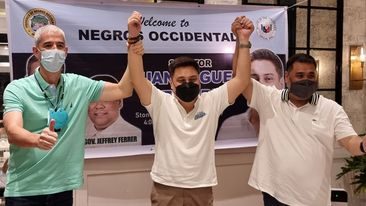
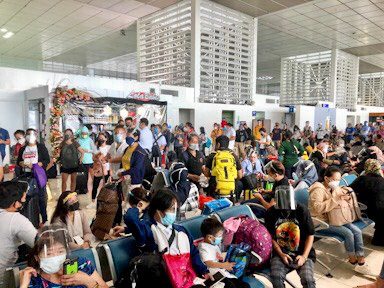





![[Newspoint] Improbable vote](https://www.rappler.com/tachyon/2023/03/Newspoint-improbable-vote-March-24-2023.jpg?resize=257%2C257&crop=339px%2C0px%2C720px%2C720px)
![[Newspoint] 19 million reasons](https://www.rappler.com/tachyon/2022/12/Newspoint-19-million-reasons-December-31-2022.jpg?resize=257%2C257&crop=181px%2C0px%2C900px%2C900px)
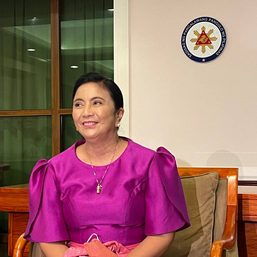


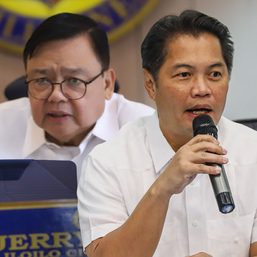
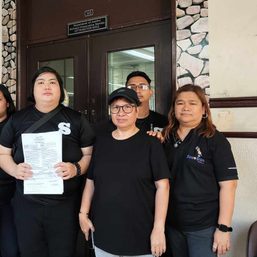
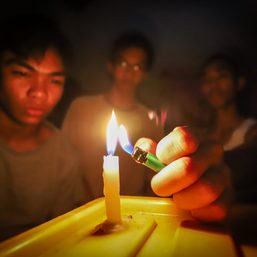

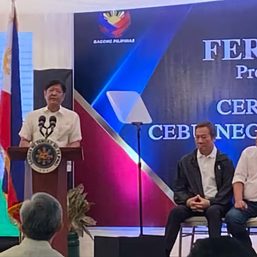

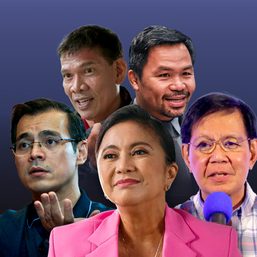

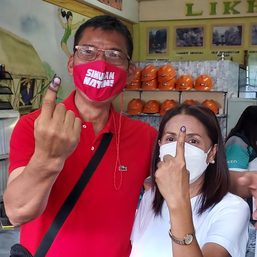
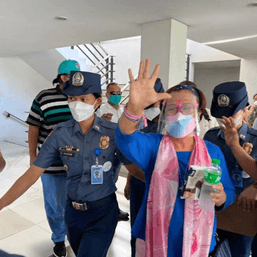
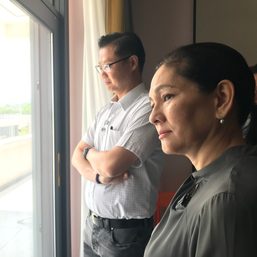
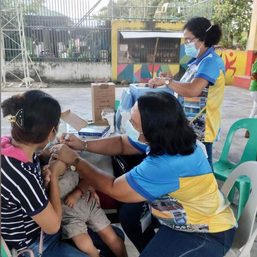
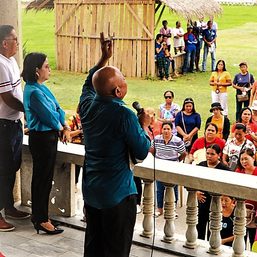
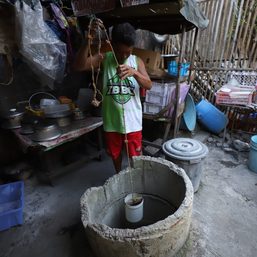
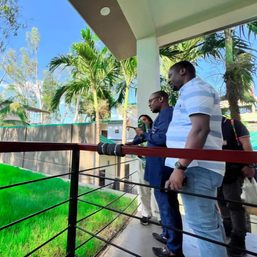
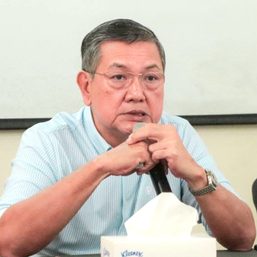


There are no comments yet. Add your comment to start the conversation.